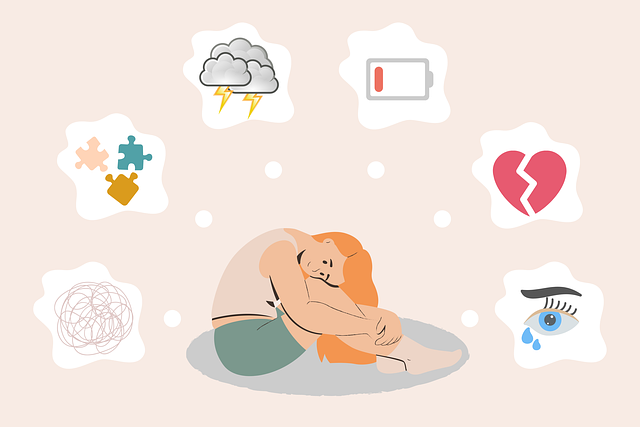Health Risks of Loneliness & How Therapy Can Help

Image by Freepik
Loneliness is often seen as a common experience that people face in their daily lives. However, it is not always considered as a health risk. Studies have shown that loneliness can have a significant impact on mental and physical health, and it has become even more of a concern in recent times. With the rise of the COVID-19 pandemic, the world has become a much more isolating place, and individuals who were once surrounded by support are now more alone than ever before.
Health risks associated with loneliness
Loneliness has been associated with numerous health risks. From a physical perspective, it can lead to an increase in inflammation, as well as a weakened immune system. Studies have also shown that loneliness can lead to high blood pressure, an increased risk of heart disease, and a shorter lifespan overall. These physical health risks are often the result of a lack of social support, which can lead to stress and other negative emotions.
Mentally, loneliness has been linked to an increased risk of depression, anxiety, and other mental health conditions. This is because loneliness often leads to negative thoughts and feelings, which can quickly spiral out of control. Those who are lonely may feel like they have no purpose or sense of belonging, which can lead to feelings of hopelessness and despair.
How mental health therapy can help
While loneliness is a difficult issue to overcome, mental health therapy can be incredibly helpful for those who are struggling. A therapist can help individuals identify the root causes of their loneliness and provide strategies for overcoming negative thoughts and feelings. Therapy can also provide a supportive environment for individuals to express their emotions and gain insight into their experiences.
During the pandemic, teletherapy has become a popular way for individuals to access mental health services from the safety and comfort of their own homes. Online therapy provides a safe space for individuals to talk through their feelings of loneliness and anxiety, and it can be an effective way to overcome the social isolation that has been so prevalent during the pandemic.
The pandemic's impact on teen loneliness and anxiety
The pandemic has had a profound impact on the mental health of teenagers. With schools closed and social activities canceled, teens have been forced to spend much more time alone than they would like. This isolation has led to an increase in loneliness and anxiety among young people, and many are struggling to cope with the changes in their lives.
Teens who were once surrounded by social support are now more alone than ever before, and many are struggling to find ways to connect with others. This isolation has led to an increase in mental health issues, including depression and anxiety. While online communication has become more prevalent, it is not a substitute for in-person interactions and can only provide limited social support.
In conclusion, loneliness is a serious health risk that can have a profound impact on mental and physical health. While the pandemic has made social isolation more prevalent, mental health therapy can be an effective way for individuals to overcome feelings of loneliness and anxiety. If you or someone you know is struggling with loneliness or other mental health issues, it is important to seek professional help. With the right support and strategies, it is possible to overcome these challenges and improve overall well-being.
